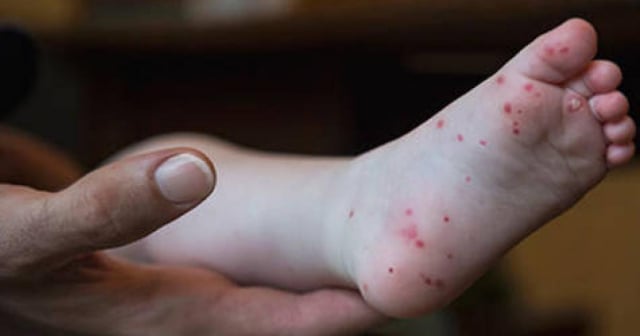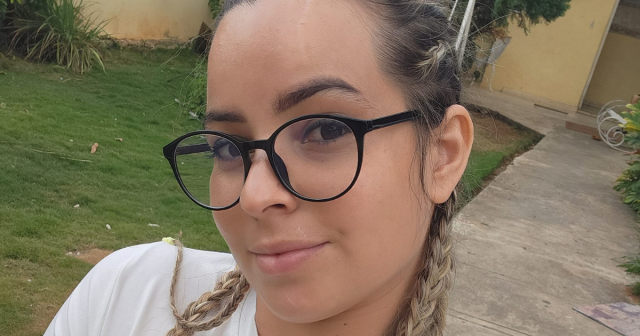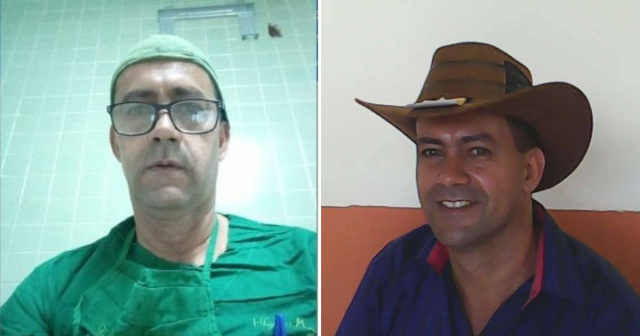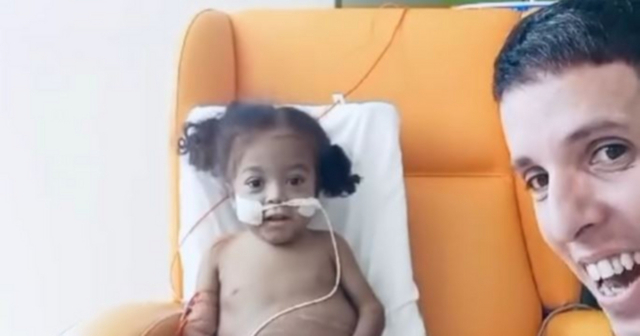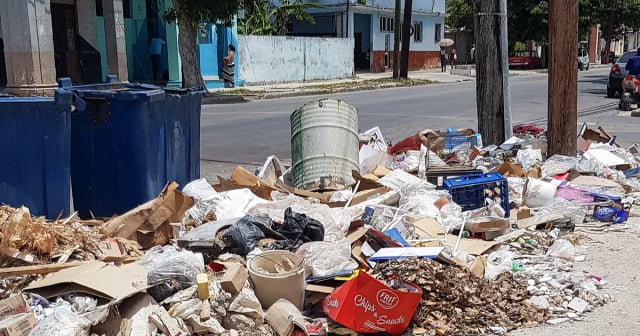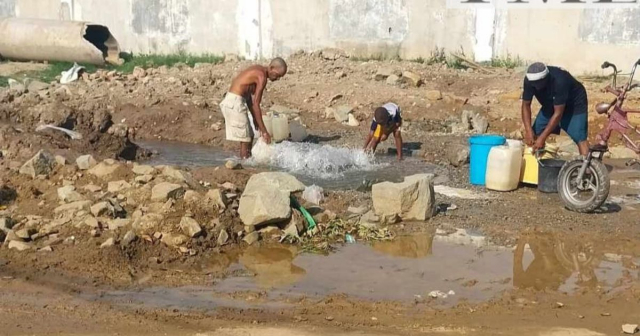The Ministry of Public Health has not yet identified the new virus affecting the population of Santiago de Cuba.
The first cases have been studied, and the samples are being analyzed at the Pedro Kouri Institute of Tropical Medicine since the beginning of this week, but the government has not yet revealed what disease it is.
Among the symptoms are high fever, headache, pain in the eyes or back, and in some cases, vomiting and diarrhea, symptoms that resemble those of dengue. The disease seems to be transmitted in a similar way to the common flu.
During an appearance on Provincial Television, Dr. Luis E. Rondón, head of pediatrics in Santiago de Cuba, urged parents not to leave children with symptoms at home and to seek medical assistance, especially in the case of infants under one year old.
He pointed out that some cases so far have required hospitalization following medical protocols, but no loss of human lives has been reported.
Dr. Tania Carbonell, Deputy Director of Health at Saturnino Lora Hospital in Santiago, emphasized that no serious cases have been reported. However, she warns about warning signs of this disease, which include persistent fever, intense pain, bleeding, vomiting, and alterations in mental status.
All of these symptoms could also be related to dengue and confuse the diagnosis. The doctor also warned about the importance of not using aspirin or anti-inflammatory medications, as they could promote bleeding processes.
Dr. Luis E. Rosabal, Deputy Director of Epidemiology in Santiago de Cuba, indicated that the outbreak originated in the municipalities of Santiago and Songo La Maya. An increase in febrile cases negative for dengue was detected there.
Despite the fact that the disease is viral and is currently considered benign, it is recommended to maintain strict surveillance and take extreme measures of hygiene and vector control to cut off transmission.
Dr. Raúl Leyva, head of the Provincial ProHealth Department, emphasized the importance of boiling water and using sodium hypochlorite to prevent contagion, as it is still not known exactly which virus is responsible for the outbreak.
He insisted that patients should not stay at home and should seek medical attention, as well as stay informed through the media about the evolution of the situation.
Finally, although the symptoms may be confused with those of dengue, health authorities insist that it is a different virus being studied, and the usual protocols for viral diseases in Cuba should be followed.
What do you think?
COMMENTFiled under:

